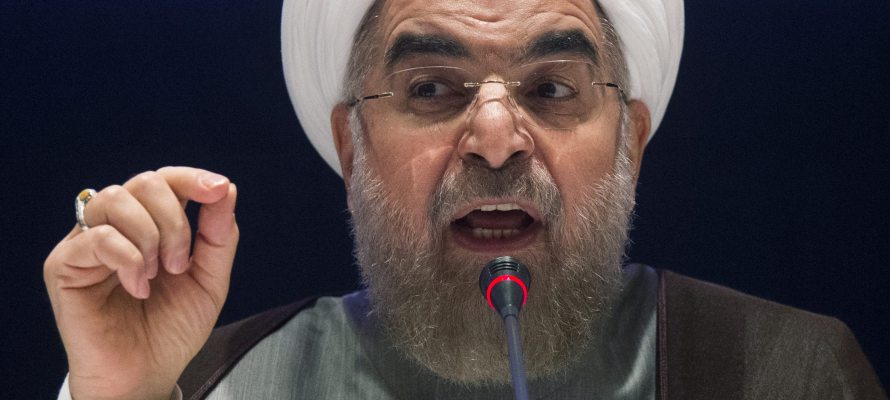As the November 24 deadline for an agreement between Iran and the Western powers nears, Israel is increasingly apprehensive of the outcome of the negotiations.
The conclusion of talks between Iran and the Six Global Powers is slated for November 24 – a mere five weeks away – and Israel is concerned that the Islamic Republic will be left with far too much nuclear capability.
Speaking at an inauguration ceremony on Monday, Prime Minister Netanyahu said: “We are facing the danger of an agreement with the major powers that will leave Iran as a nuclear threshold state, with thousands of centrifuges with which it will be able to produce a nuclear bomb within a short period of time. This is a threat to the entire world, especially Israel, and is much more severe than the threat from ISIS.”
Israel fears that Iran will be left with enough nuclear power to pose a dire threat to Israel over a short period of time. If Iran is not stopped now, Israeli leaders warn, the damage will be irreversible.
According to Israel’s Channel 2, the U.S. is willing to accept an agreement with Iran that would permit the Islamic Republic to retain 5,000 centrifuges.
In an op-ed published in The New York Times on Sunday, Israeli International Relations, Intelligence and Strategic Affairs Minister Yuval Steinitz called on world powers not to reach a nuclear agreement with Iran.
“Iran has softened its inflammatory anti-Western rhetoric and shown some flexibility on less important issues, but we must not be duped by these gestures…President Obama must stand by his declaration that no deal with Iran is better than a bad deal,” Steinitz said.
Israel Will Make its own Decisions, Foreign Minister Says
Foreign Minister Avigdor Liberman expressed similar concern, saying that Israel was ultimately responsible for its own security decisions.
“About the incessant talking, ‘If you want to shoot shoot, don’t talk,” Liberman told IDF Radio. “Israel faces a real threat and therefore needs to decide for itself what it needs to do for the defense of the citizens of the State of Israel. We will make our own decisions, regardless of the stance adopted by other countries.”
Israel is working closely with its allies and its position on the Iran nuclear issue is well known, he added.
Israeli Defense Actions Benefit Free World
Israel set a precedent for acting on its own against a nuclear threat when it attacked the Iraqi nuclear reactor in Osirak in 1981. It was the world’s first air strike against a nuclear plant. At the time, Israel explained that it had attacked Iraq to save itself from mortal danger. Israel was initially harshly condemned for its alleged aggression, but was later recognized for saving the world from a nuclear bomb controlled by Saddam Hussein’s tyrannical regime.
In 2007 Israel attacked the Syrian Al-Kibar nuclear facility.
Author: Aryeh Savir
Staff Writer, United with Israel
